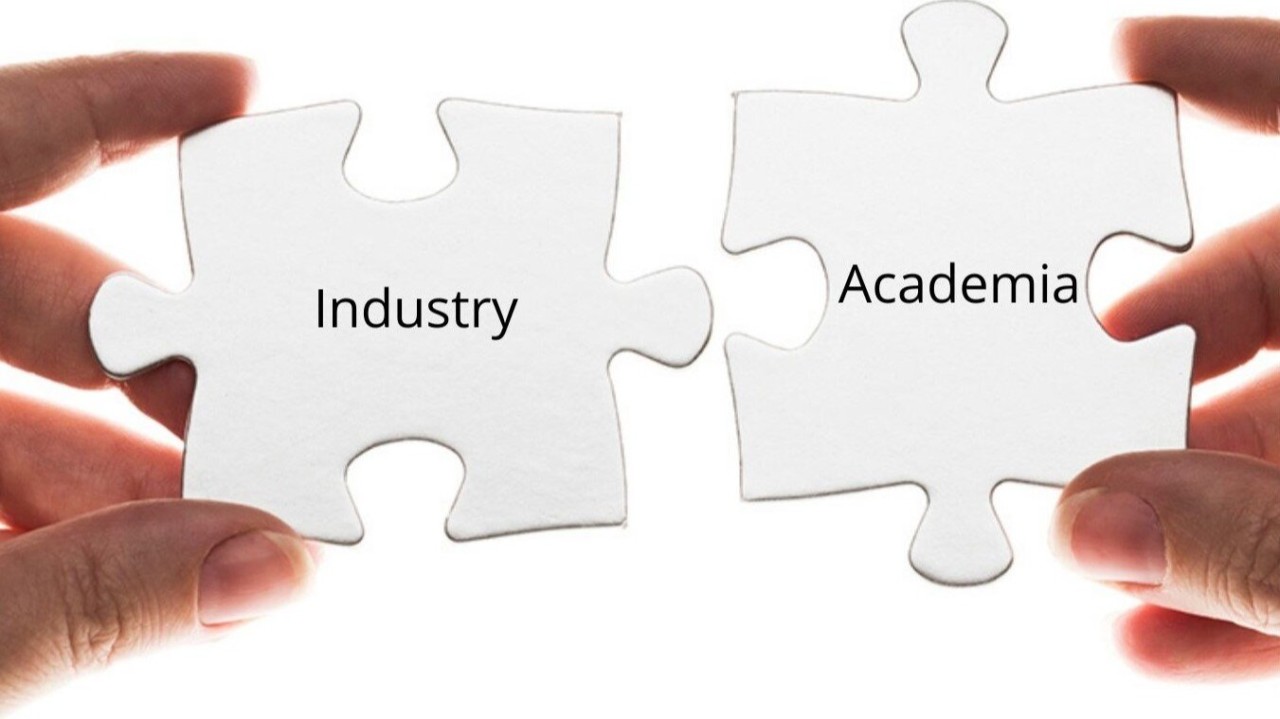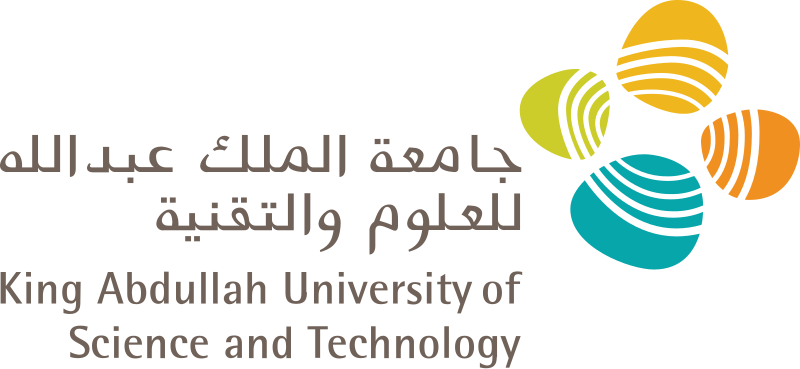
Registration Opens for SAF 2025: International STEAM Azerbaijan Festival Welcomes Global Youth
The International STEAM Azerbaijan Festival (SAF) has officially opened registration for its 2025 edition!

The Ministry of Education and the Korea Chamber of Commerce and Industry announced the selection of 50 companies for the "2025 Outstanding Industry-Academic Cooperation Company" award. This year's recipients include major corporations like Samsung Electronics, LG Electronics, and BODITECH MED, as well as organizations such as the Korea Shipowners' Association and the Korea Institute of Science and Technology (KIST). The companies were chosen for their exceptional contributions to fostering collaboration between businesses and universities, as measured by the government's innovative "University-Industry Collaboration Mileage" system, a points-based program designed to transparently measure and reward corporate engagement with the higher education sector.
Let's take a closer look at how the system works and what it means for these companies.
The mileage system is a key component of the government's strategy. It serves as a quantifiable metric that allows companies to earn points and, in turn, gain a competitive advantage when applying for government support. The system is designed to encourage diverse forms of collaboration, with specific point values for each activity.
Key areas where companies can earn mileage points include:
The "University-Industry Collaboration Excellence Awards" grant recipients access to a number of exclusive benefits for a period of two years. These include:
Share

Registration Opens for SAF 2025: International STEAM Azerbaijan Festival Welcomes Global Youth
The International STEAM Azerbaijan Festival (SAF) has officially opened registration for its 2025 edition!

Join the Edu-live Internship Program!
Are you passionate about journalism, education, science, as well as global study and development opportunities? Do you want to be part of a dynamic media platform that brings educational and scientific news and stories to life from around the world?

Young Leaders Union Conference 2025 in Paris (Fully Funded)
Join Global Changemakers in Paris! Fully Funded International Conference for Students, Professionals, and Social Leaders from All Nationalities and Fields

An mRNA cancer vaccine may offer long-term protection
A small clinical trial suggests the treatment could help keep pancreatic cancer from returning

Yer yürəsinin daxili nüvəsində struktur dəyişiklikləri aşkar edilib
bu nəzəriyyənin doğru olmadığı məlum olub. Seismik dalğalar vasitəsilə aparılan tədqiqatda daxili nüvənin səthindəki dəyişikliklərə dair qeyri-adi məlumatlar əldə edilib.

Applying to KAUST - Your Complete Guide for Masters & Ph.D. Programs (Upcoming Admissions)
Admissions Overview & Key Requirements